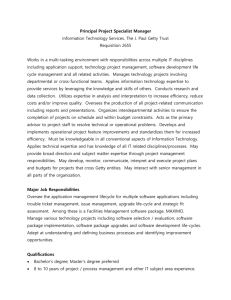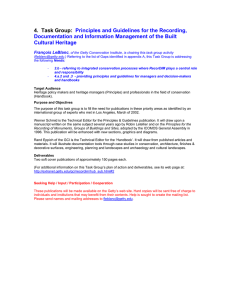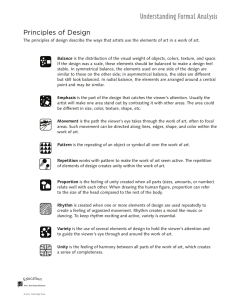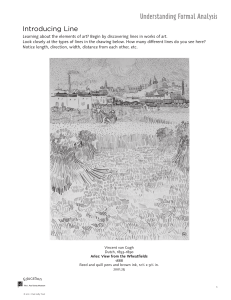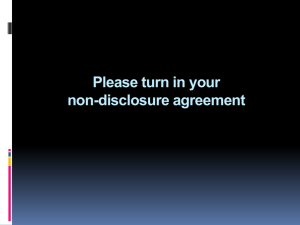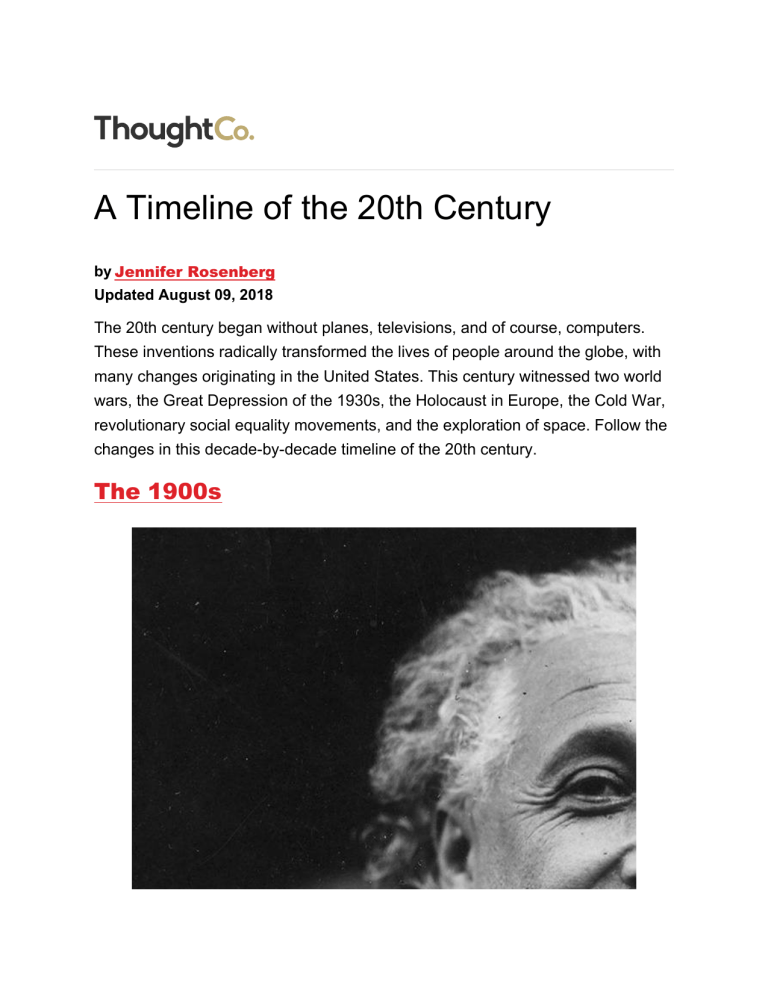
A Timeline of the 20th Century by Jennifer Rosenberg Updated August 09, 2018 The 20th century began without planes, televisions, and of course, computers. These inventions radically transformed the lives of people around the globe, with many changes originating in the United States. This century witnessed two world wars, the Great Depression of the 1930s, the Holocaust in Europe, the Cold War, revolutionary social equality movements, and the exploration of space. Follow the changes in this decade-by-decade timeline of the 20th century. The 1900s The Center for American History, The University of Texas at Austin This decade opened the century with some amazing scientific and technological feats: the first flight by the Wright brothers, Henry Ford's first Model-T, and Albert Einstein's Theory of Relativity. It also included hardships like the Boxer Rebellion and the San Francisco Earthquake. The 1900s also saw the introduction of the first silent movie and the teddy bear. In 1908, there was a massive and mysterious explosion in Siberia, generally thought to have been caused by a meteor impact. The 1910s Fototeca Gilardi / Getty Images This decade was dominated by the first "total war"—World War I. It also saw other huge changes during the Russian Revolution and the beginning of Prohibition in the United States. Tragedy struck when a fire rampaged through New York City's Triangle Shirtwaist Factory; the "unsinkable" Titanic hit an iceberg and sank, taking the lives of more than 1,500; and the Spanish flu killed millions around the world. On a more positive note, the Armory show of 1913 rocked the art world with its shocking innovations, and people in the 1910s got their first taste of an Oreo cookie and could fill out their first crossword. The 1920s Library of Congress The Roaring '20s were a time of a booming stock market, speakeasies, short skirts, the Charleston, and jazz. The '20s also showed great strides in women's suffrage—women got the vote in 1920. Archaeology hit the mainstream with the discovery of King Tut's Tomb. There were an amazing number of cultural firsts in the '20s, including the first talking film, Babe Ruth hitting his home-run record of 60 home runs in a season, and the first Mickey Mouse cartoon. The 1930s Dorothea Lange/FSA/Getty Images The Great Depression hit the world hard in the 1930s. The Nazis took advantage of this situation, came to power in Germany, established their first concentration camp, and began a systematic persecution of Jews in Europe. In 1939, they invaded Poland and sparked the beginning of World War II. Other news in the 1930s included the disappearance of aviator Amelia Earhart over the Pacific, a wild and murderous crime spree by Bonnie Parker and Clyde Barrow, and the imprisonment of Chicago mobster Al Capone for income tax evasion. The 1940s Keystone / Getty Images World War II was already under way by the time the 1940s began, and it was definitely the big event of the first half of the decade. The Nazis established death camps in their effort to murder millions of Jews during the Holocaust, who were eventually liberated as the Allies conquered Germany and the war ended in 1945. Shortly after World War II ended, the Cold War began between the West and the Soviet Union. The 1940s also witnessed the assassination of Mahatma Gandhi and the beginning of apartheid in South Africa. The 1950s Bettmann / Contributor / Getty Images The 1950s are sometimes referred to as the Golden Age. Color TV was invented, the polio vaccine was discovered, Disneyland opened in California, and Elvis Presley gyrated his hips on "The Ed Sullivan Show." The Cold War continued as the space race between the United States and the Soviet Union began. The 1950s also saw segregation ruled illegal in the U.S. and the beginning of the civil rights movement. The 1960s Central Press / Getty Images To many, the 1960s can be summed up as the Vietnam War, hippies, drugs, protests, and rock 'n roll. A common joke goes, "If you remember the '60s, you weren't there." Other revolutionary movements of the decade included the Stonewall Riots and the beginnings of gay rights, the Women's Lib movement, and the continuing and growing civil rights movement. The Beatles became popular, and the Rev. Dr. Martin Luther King Jr. made his "I Have a Dream" speech. Alongside these revolutionary cultural changes, geopolitics was equally dramatic: The U.S. entered the Vietnam War, the Berlin Wall was built, the Soviets launched the first man into space, and President John F. Kennedy was assassinated. The 1970s Keystone / Getty Images The Vietnam War was still a major event in the early 1970s. Tragic events dominated the era, including the deadliest earthquake of the century, the Jonestown massacre, the Munich Olympics massacre, the taking of American hostages in Iran, and the nuclear accident at Three Mile Island. Culturally, disco became extremely popular, and "Star Wars" hit theaters. The 1980s Owen Franken / Corbis via Getty Images Soviet Premier Mikhail Gorbachev's policies of glasnost and perestroika began the end of the Cold War. This was soon followed by the surprising fall of the Berlin Wall in 1989. There were also some disasters this decade, including the eruption of Mount St. Helens, the oil spill of the Exxon Valdez, the Ethiopian famine, a huge poison gas leak in Bhopal, and the scourge of AIDS. Culturally, the 1980s saw the introduction of the mesmerizing Rubik's Cube, the Pac-Man video game, and Michael Jackson's "Thriller" video. The 1990s Jonathan Elderfield / Liaison / Getty Images The Cold War ended, Nelson Mandela was released from prison, the internet changed life as everyone knew it—in many ways, the 1990s seemed a decade of both hope and relief. But the decade also saw its fair share of tragedy, including the Oklahoma City bombing, the Columbine High School massacre, and the genocide in Rwanda.
